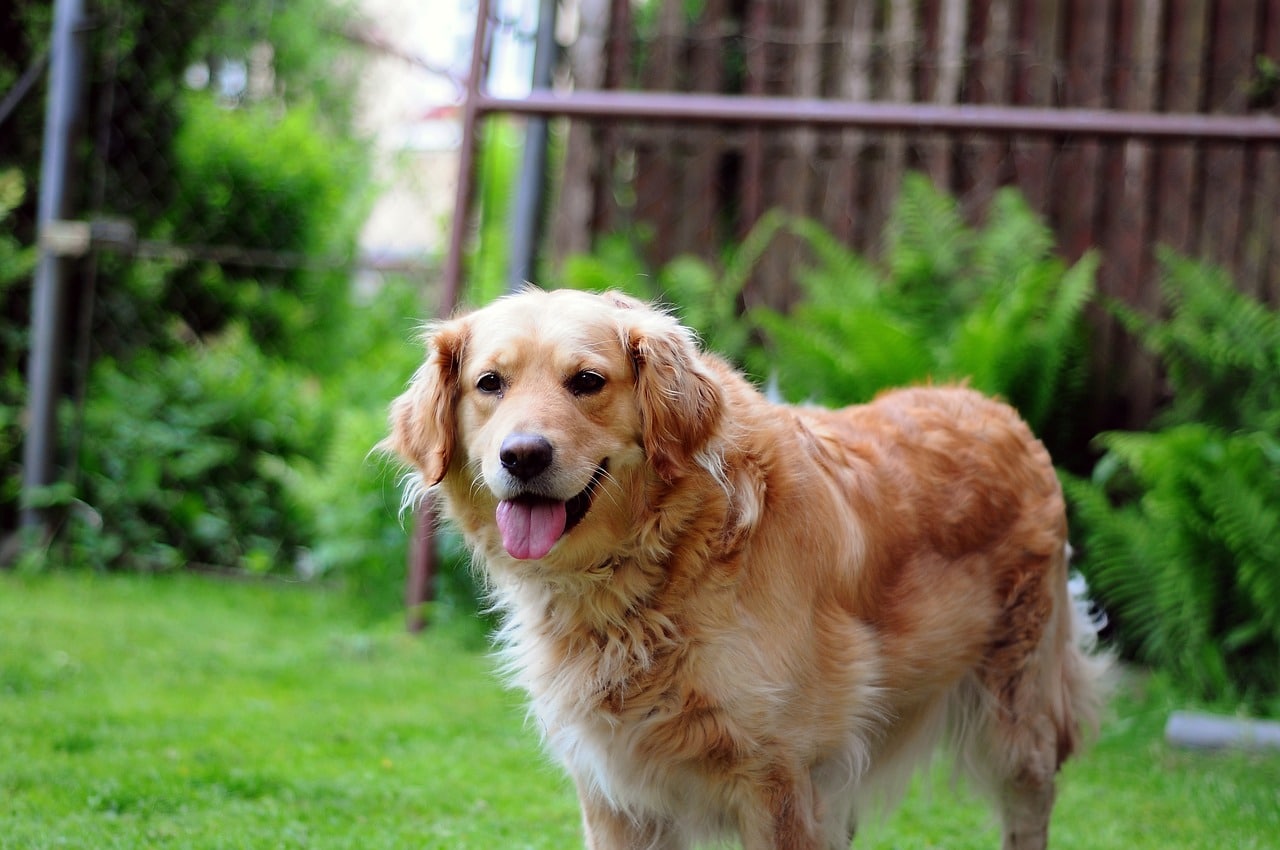 Shutterstock
Shutterstock
Dogs are often known as man’s best friend, but they might be the world’s best diplomats. Their innate ability to diffuse tension, form connections, and show unwavering loyalty makes them perfect peacekeepers. While world leaders often struggle with complex negotiations, dogs excel at resolving conflicts with nothing more than a wagging tail, a friendly face, and an instinctive understanding of others. Throughout history, these traits have helped dogs navigate tough situations, proving that sometimes the most effective diplomats aren’t human—they’re our four-legged, fur-covered companions.\
Building Bridges Between Enemies
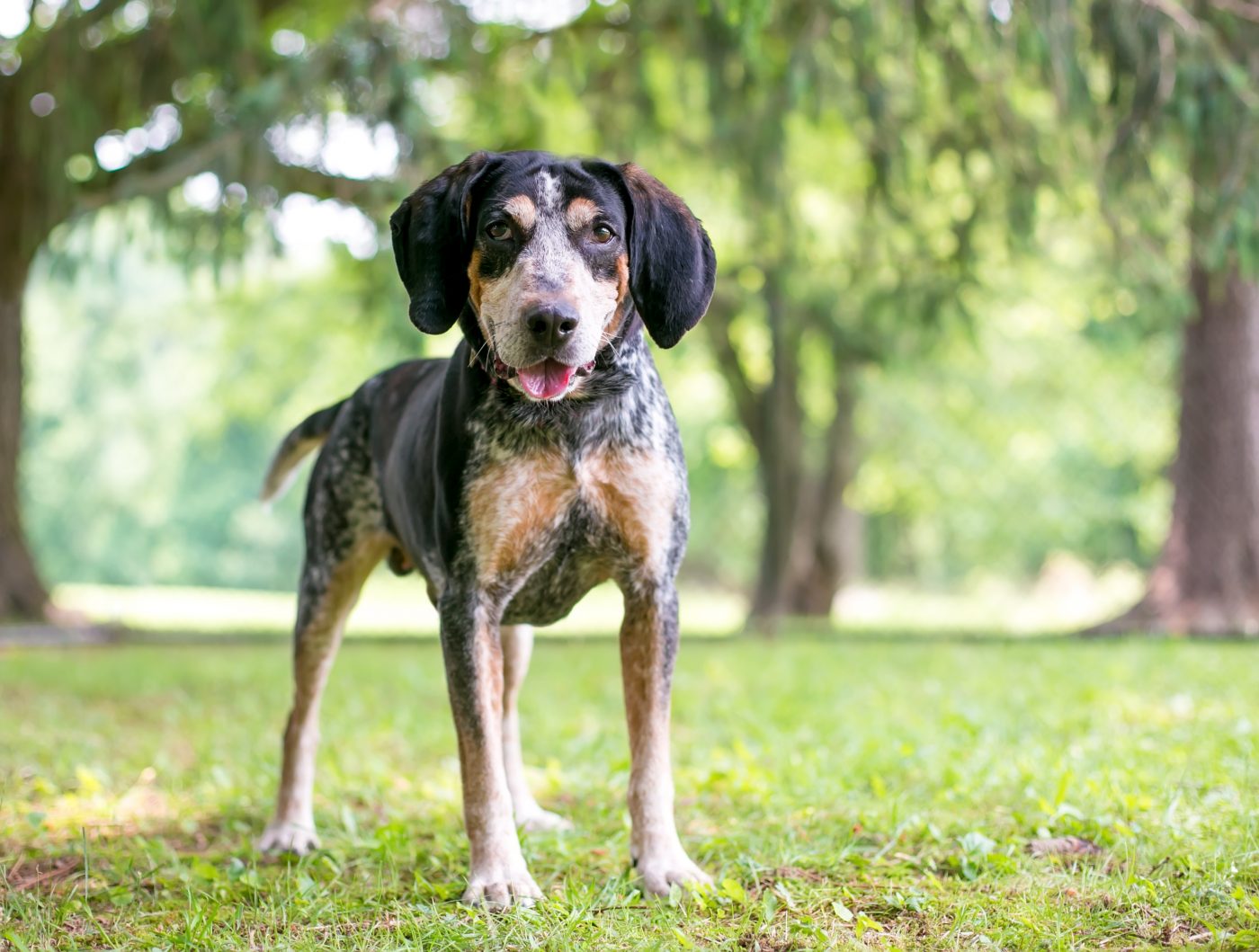 Shutterstock
Shutterstock
In a world where leaders often struggle to find common ground, dogs seem to bridge divides effortlessly. Dogs don’t care about political differences—they only see people who could be potential friends. Imagine a world leader approaching a hostile counterpart with the same openness and friendliness as a dog greeting a stranger at the park. In situations where humans may falter, dogs excel in creating peace and unity simply by bringing people together through their unbiased and open-hearted nature.
Diffusing Tension with a Simple Wag
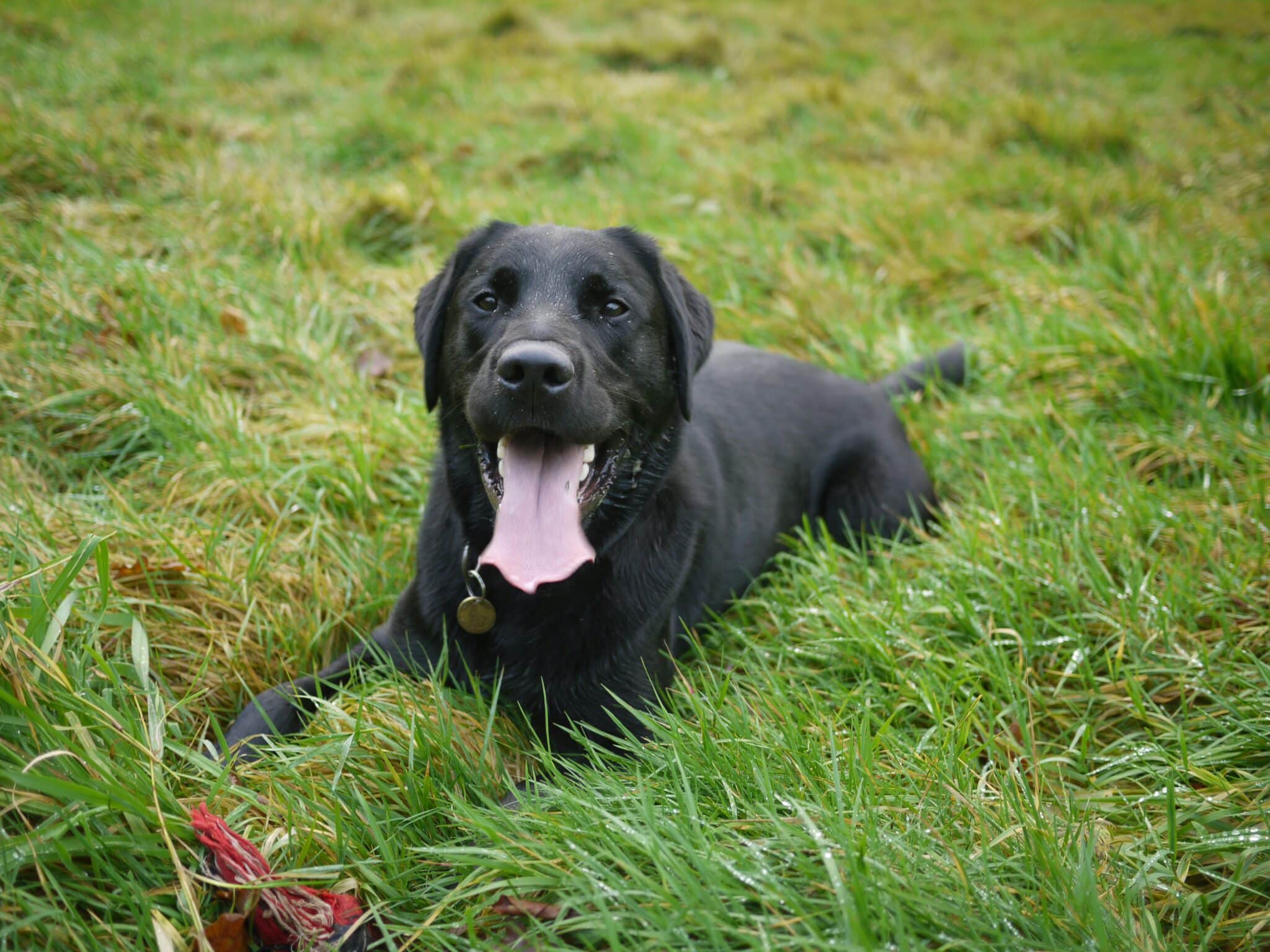 Shutterstock
Shutterstock
Diplomats are trained to manage tense situations, but sometimes all it takes to break the ice is a wagging tail. A dog’s ability to read the room and offer comfort in stressful moments is a natural form of diplomacy. Dogs have often been known to enter high-stress environments—whether it’s a family argument or a chaotic political debate—and immediately calm everyone with their cheerful presence. This kind of natural tension relief is something world leaders could take notes on, as dogs manage to foster peace without uttering a single word.
Winning Over Foreign Dignitaries with Charm
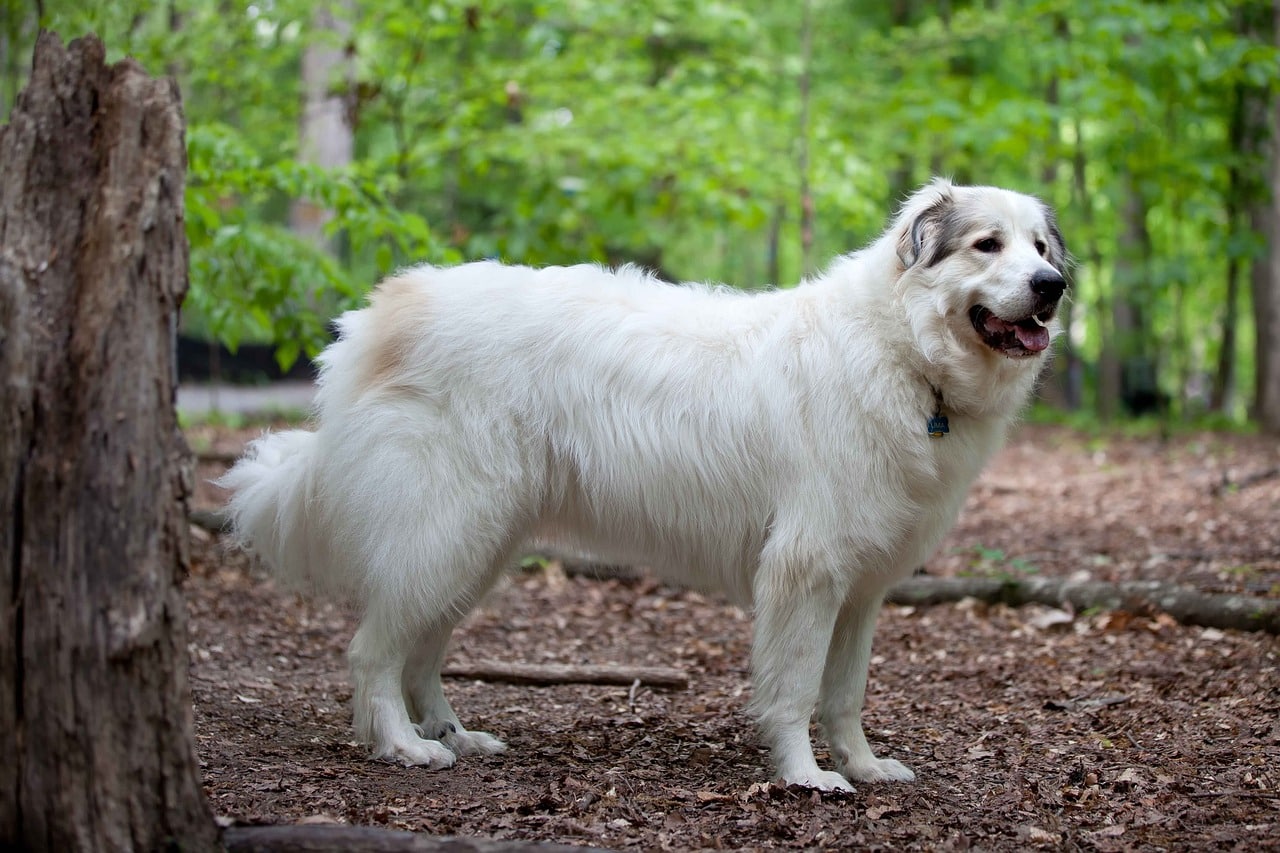 Shutterstock
Shutterstock
While world leaders rely on carefully planned state dinners and formal gifts to win over foreign dignitaries, dogs achieve the same effect with simple, genuine charm. When dignitaries visit foreign countries, they often feel the stress of negotiations and pressure to maintain composure. Enter the dog with its wagging tail and warm demeanor, and suddenly the formalities melt away. Dogs have the unique ability to make people feel at home, even in the most foreign of environments. Their charm is universal, breaking down cultural and language barriers with ease.
Mediating Domestic Disputes
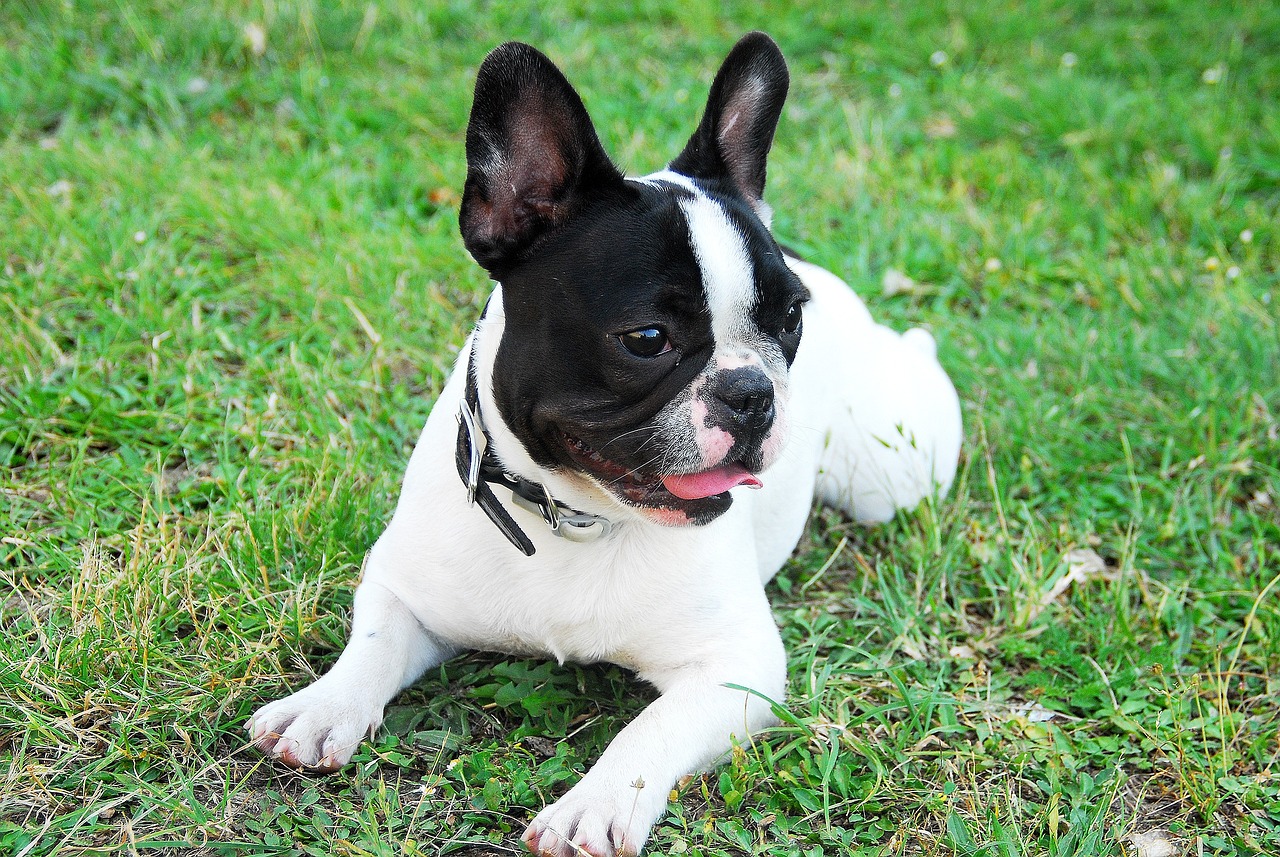 Shutterstock
Shutterstock
Dogs often act as mediators within households, preventing family arguments from escalating. Picture a world where politicians acted like dogs, calmly mediating between opposing sides. Dogs are natural peacemakers, diffusing tension between family members with a playful distraction or simply offering comfort. World leaders could learn from dogs’ ability to de-escalate heated debates by focusing on what truly matters: peace and harmony in the household or, in this case, the world stage.
Offering Loyalty Without Strings Attached
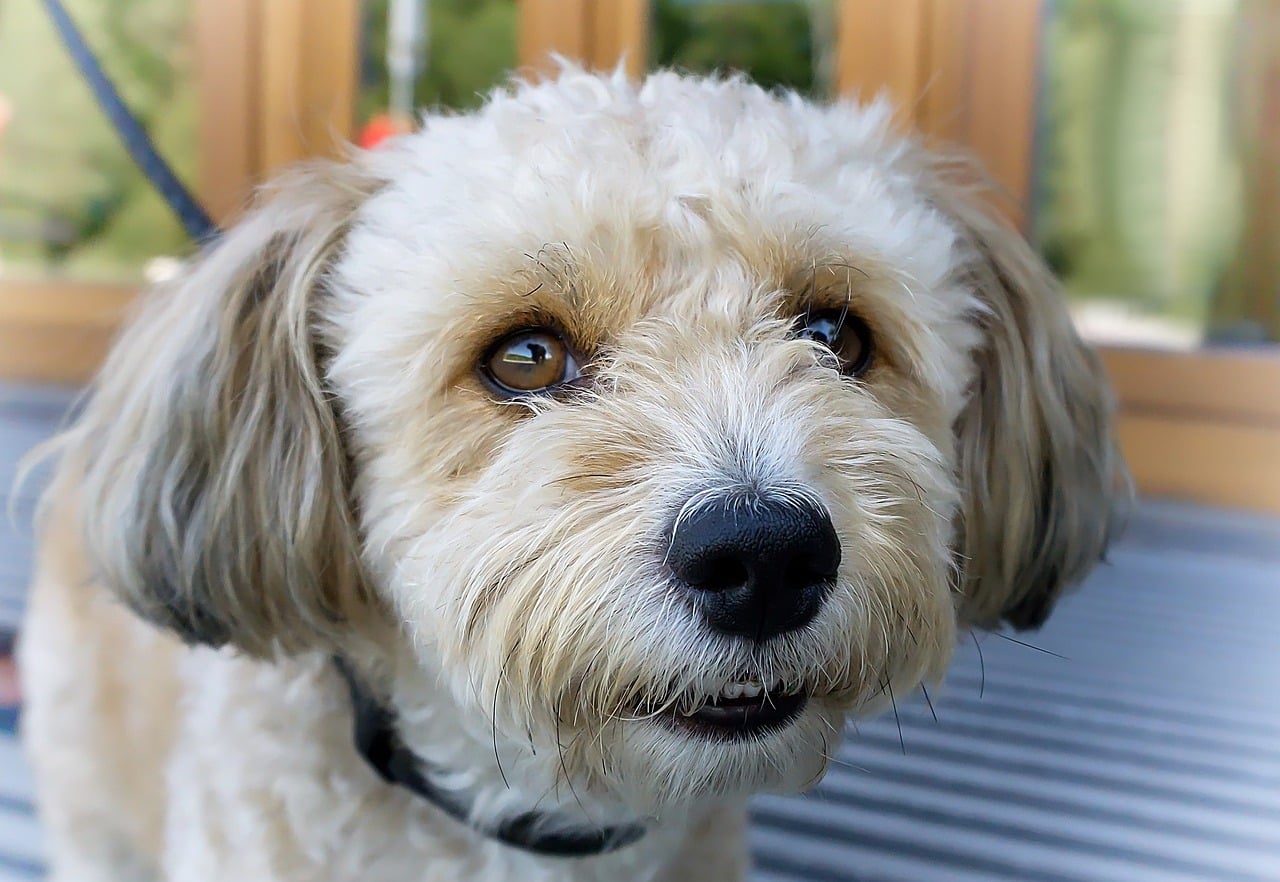 Shutterstock
Shutterstock
Political alliances often come with strings attached—trade deals, military agreements, or economic sanctions. On the other hand, dogs offer their loyalty freely and without expectation of reciprocation. This type of unconditional loyalty could revolutionize global politics, as countries would learn to support one another without constantly keeping score. If world leaders were as loyal and dependable as dogs, trusting one another without suspicion, the global community could achieve a new level of cooperation and mutual respect.
Prioritizing Empathy Over Ego
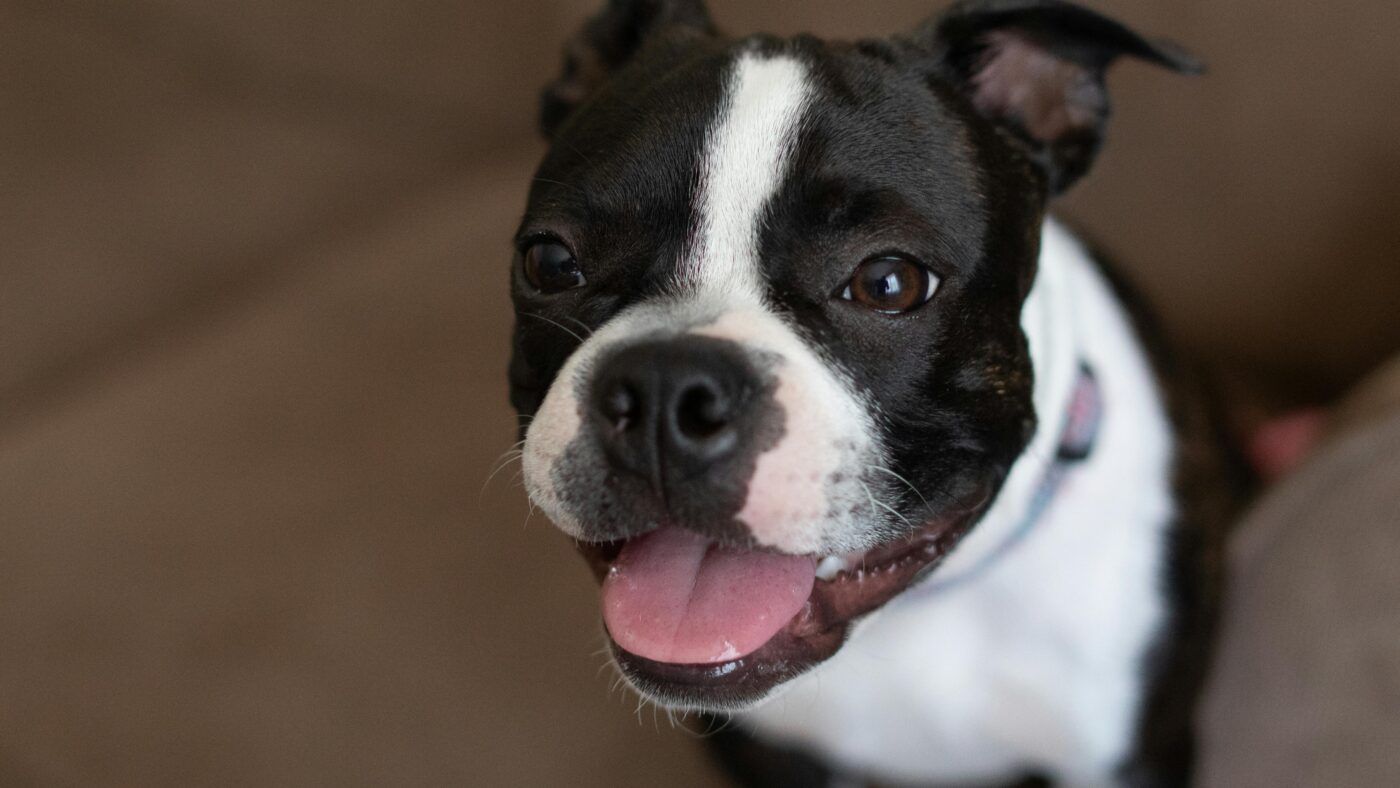 Shutterstock
Shutterstock
World leaders often let ego get in the way of progress, while dogs approach life with pure empathy. Dogs instinctively understand when someone is upset or needs support and respond without hesitation. This type of emotional intelligence is crucial for diplomacy, where understanding the needs and concerns of others can prevent conflicts before they escalate. Dogs don’t care about being the center of attention or receiving accolades—they simply want to make those around them feel safe and loved. If leaders approached negotiations with the same selflessness, the world might be more harmonious.
Turning Foes into Friends
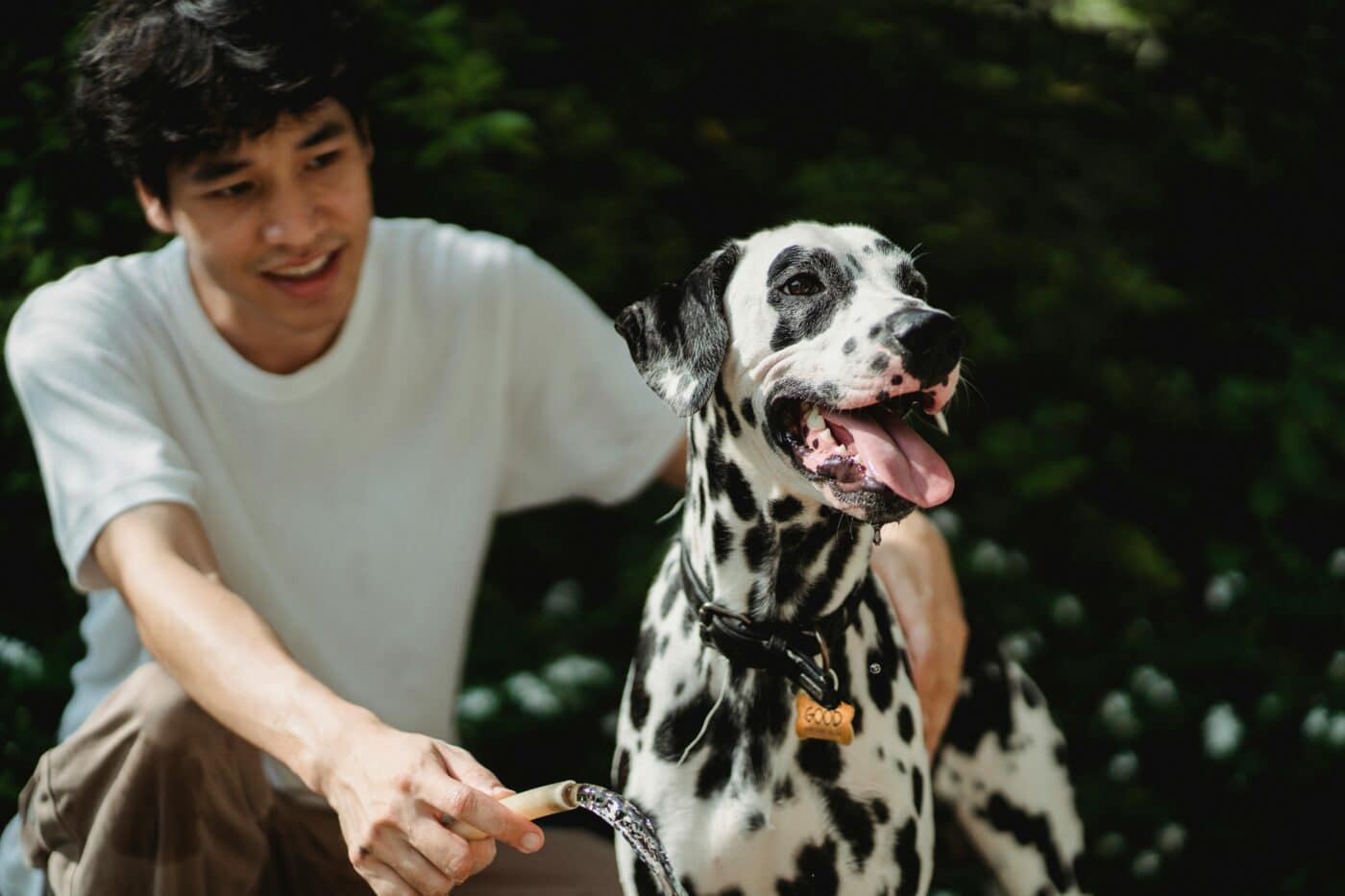 Shutterstock
Shutterstock
Dogs have an uncanny ability to turn enemies into friends, often succeeding where even the most skilled diplomats fail. When two dogs meet, there’s an initial moment of tension as they sniff each other out, but more often than not, that brief moment of uncertainty is followed by wagging tails and playtime. In contrast, world leaders often allow initial misunderstandings to grow into full-blown conflicts. Dogs show us that sometimes all it takes to break the ice is an open mind and a willingness to see the good in others.
Sharing Resources Without Conflict
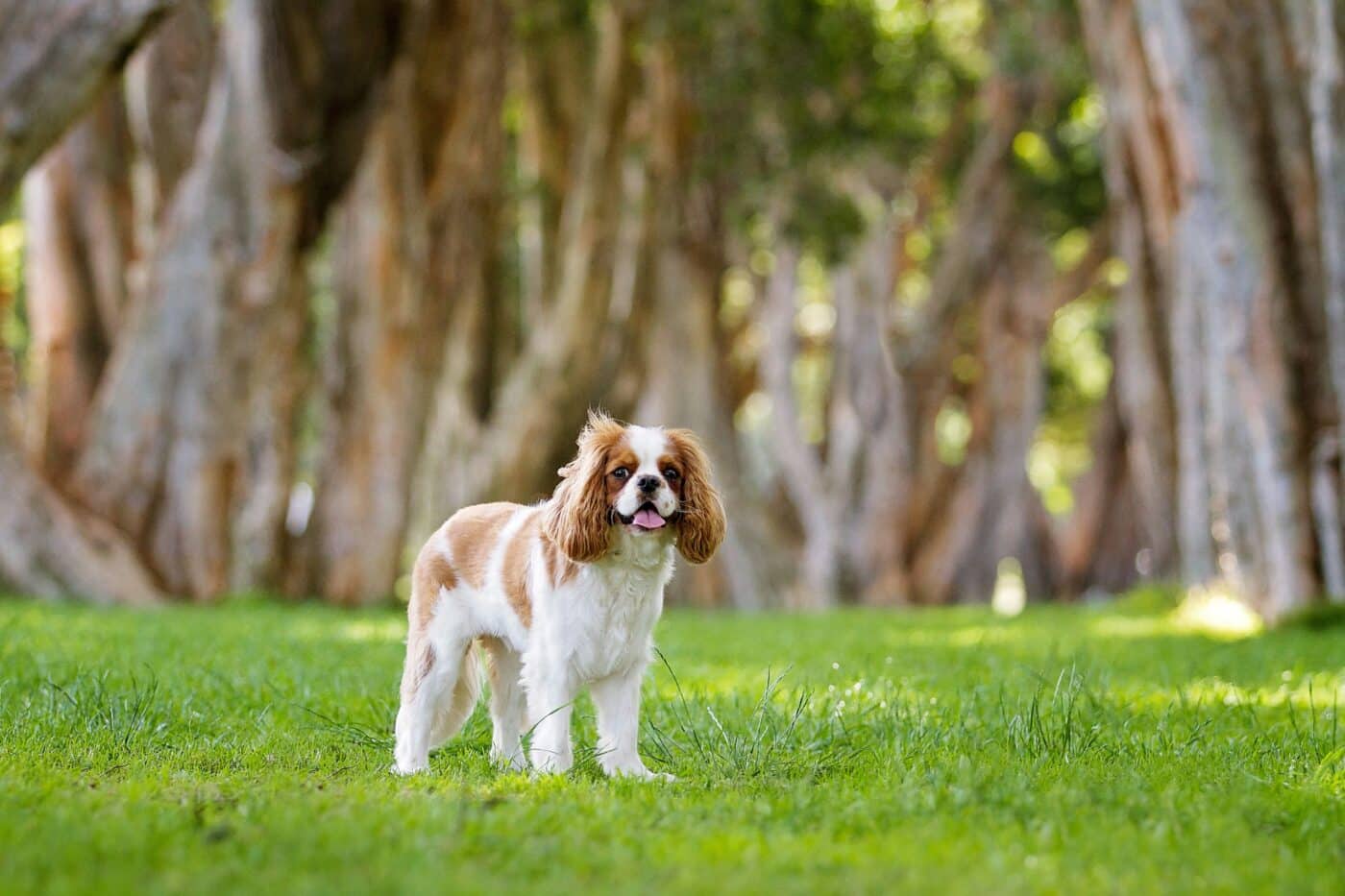 Shutterstock
Shutterstock
World leaders often compete fiercely with resources, from oil to water to territory. Dogs, however, understand the value of sharing. If one dog has a treat, it’s not uncommon for them to share with another dog—especially if they’re part of the same pack. In the dog world, cooperation often takes precedence over competition. If world leaders could adopt this mindset, recognizing that sharing resources benefits everyone in the long run, global conflicts could be reduced, and prosperity might be more evenly distributed.
Embracing Simplicity in Problem Solving
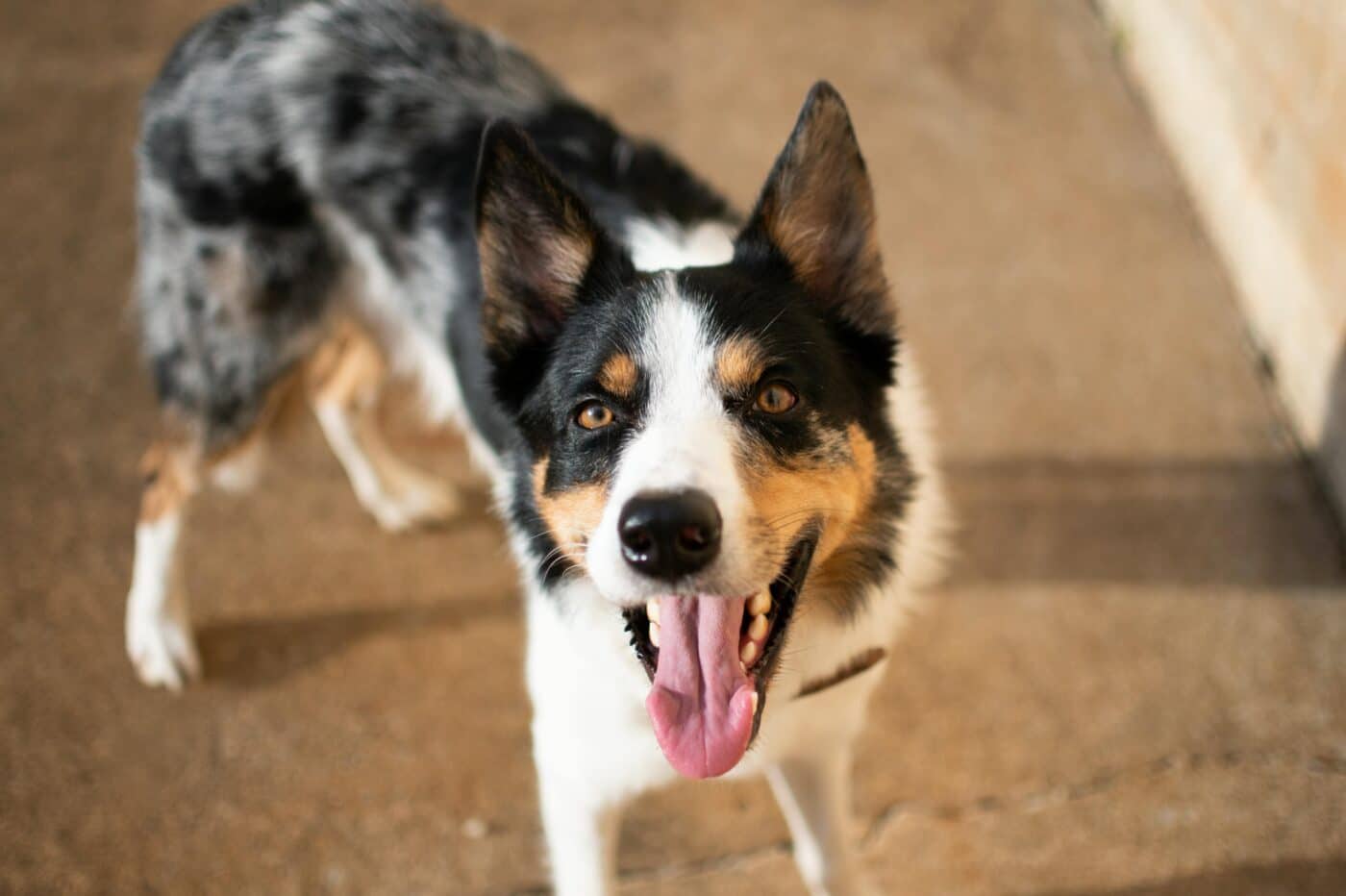 Shutterstock
Shutterstock
Politicians tend to complicate problems with lengthy discussions and bureaucratic red tape, while dogs have a knack for embracing simplicity. When dogs want something—a treat, a walk, or attention—they communicate their needs clearly and directly. If world leaders could strip away the complexities and focus on straightforward solutions, many of the world’s challenges could be addressed more efficiently. Dogs remind us that sometimes, the simplest solution is the best one.
Leading with Positivity
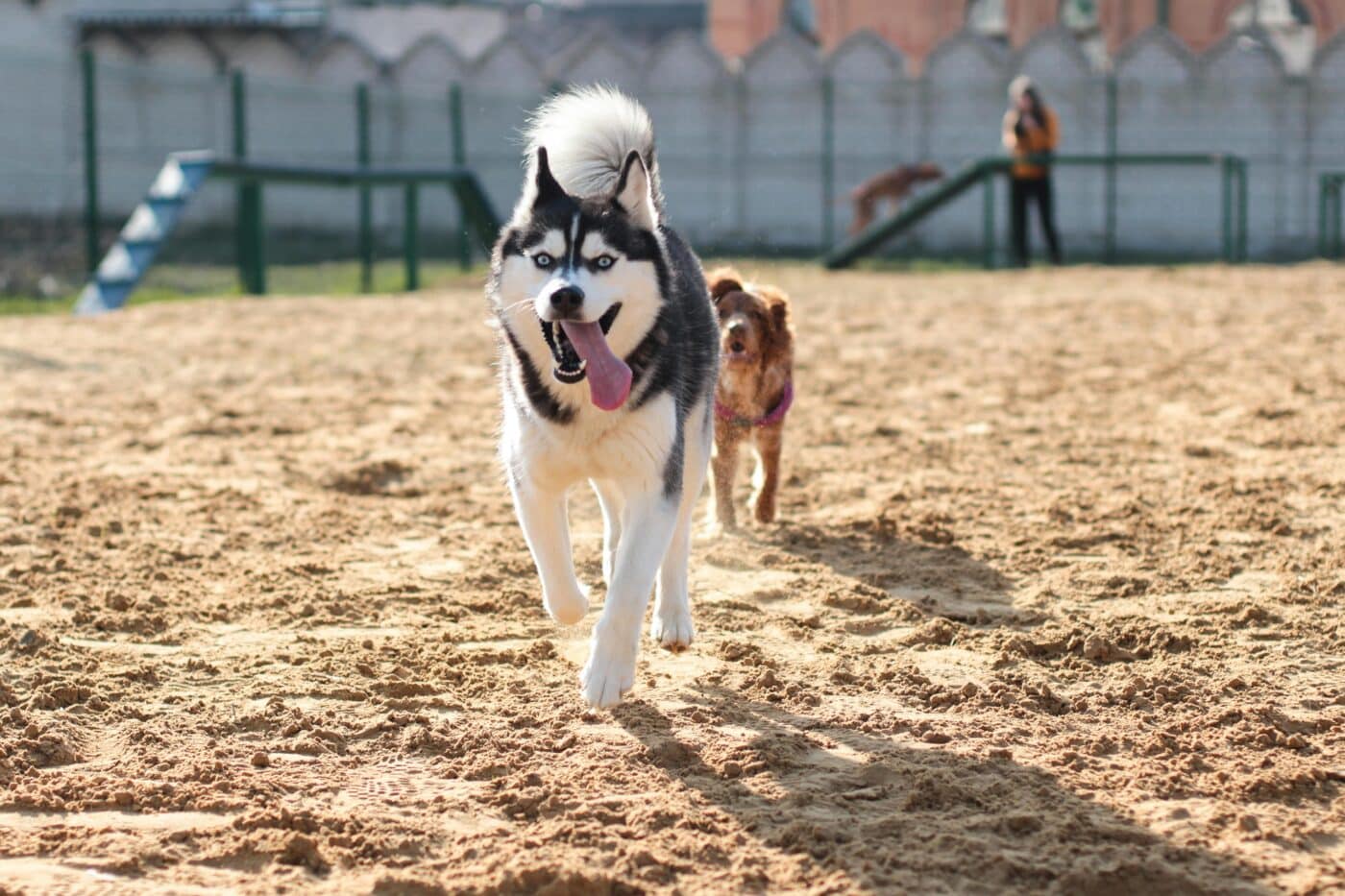 Shutterstock
Shutterstock
Dogs are masters of positivity, always looking for the good in every situation and every person. On the other hand, world leaders often focus on the negatives—highlighting divisions rather than promoting unity. Imagine if international diplomacy took a more positive approach, emphasizing common goals and shared humanity rather than differences. Dogs are experts in finding reasons to wag their tails. If world leaders took this approach, focusing on optimism and collaboration, the tone of global politics could shift toward a more hopeful and productive future.
Politics Goes to the Dogs
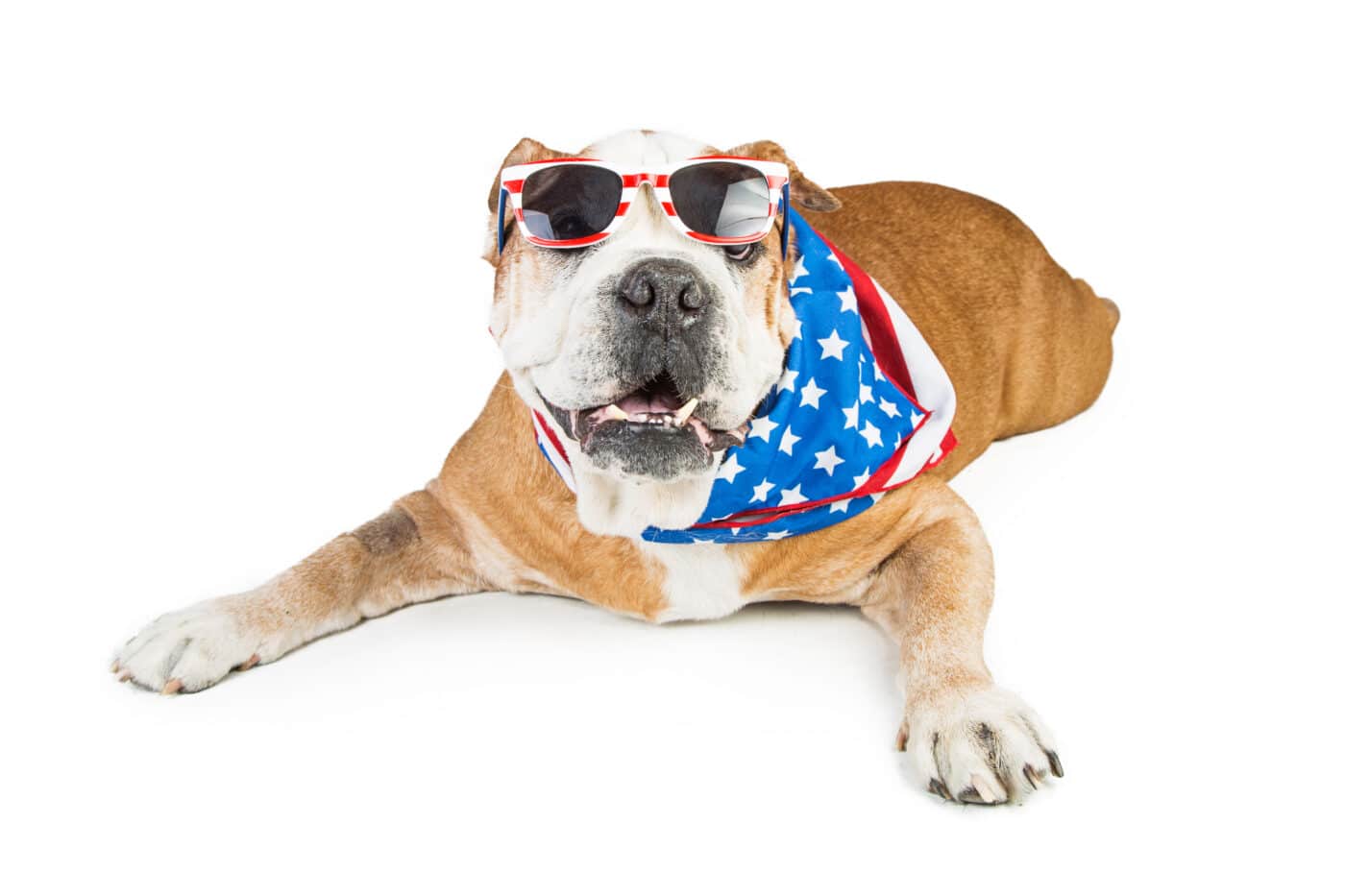 Shutterstock
Shutterstock
Dogs could teach world leaders valuable lessons about diplomacy. Their ability to bridge divides, ease tension, and provide unconditional support makes them a perfect example of leading with kindness and empathy. While dogs may never sit in the Oval Office or at the United Nations, their natural qualities could inspire a new kind of politics rooted in loyalty, understanding, and wagging tails. So, the next time the world hits a diplomatic standstill, maybe it’s time to bring in the dogs to solve what humans have struggled with for centuries!
 Toledo, United States.
Toledo, United States.